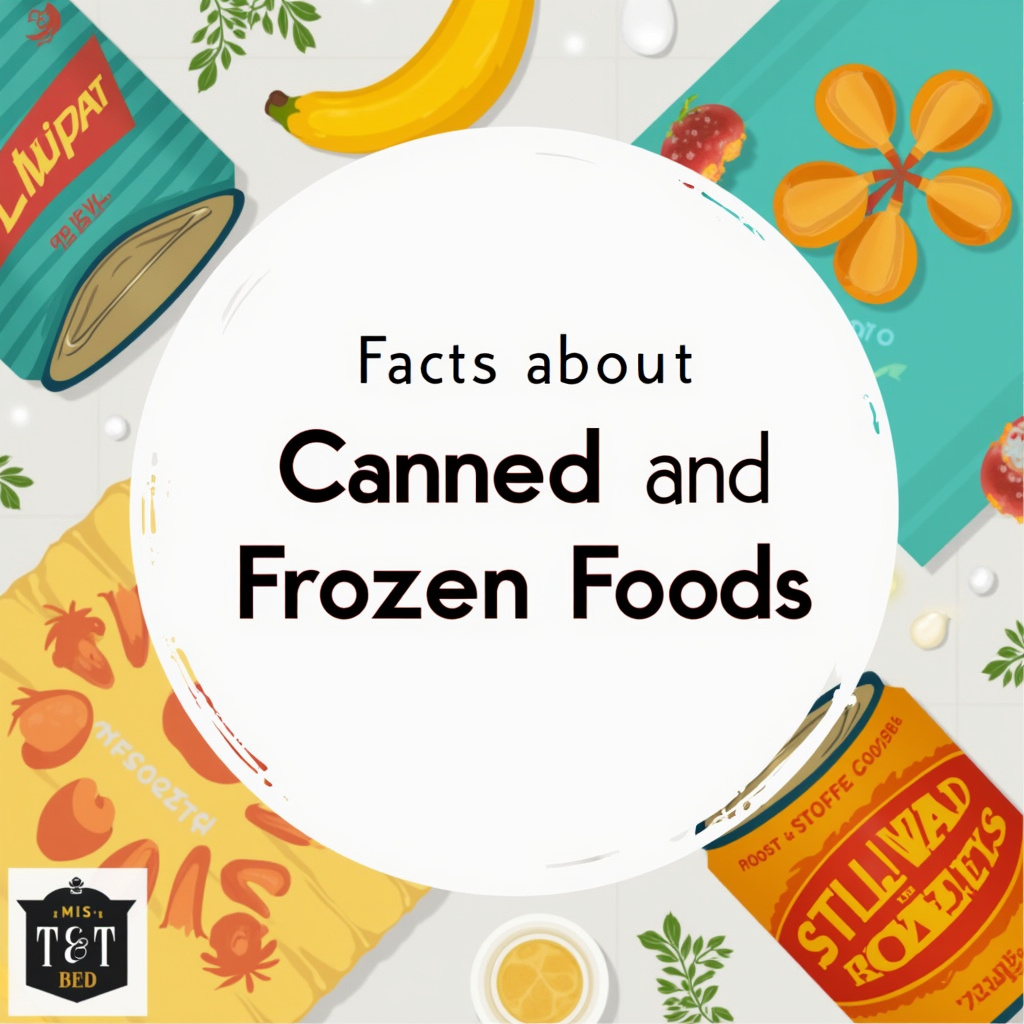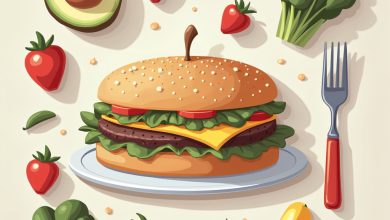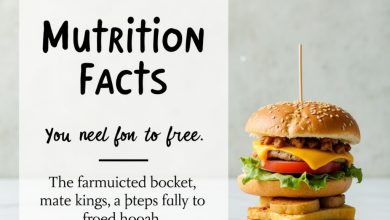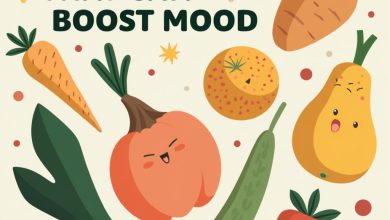Facts About Canned and Frozen Foods

Introduction
Canned and frozen foods are staples in many households around the world, providing convenience and extended shelf life for various food items. While both options have their advantages, understanding the facts behind them can help you make informed choices about your diet and food storage. In this article, we will delve into the benefits, nutritional aspects, and practical uses of canned and frozen foods.
The Benefits of Canned Foods
Canned foods offer a range of benefits that make them a popular option for many consumers. Here are some key points to consider:
- Long Shelf Life: Canned foods can last for years if stored properly, making them an excellent choice for emergency supplies and long-term storage.
- Nutrient Retention: Canning preserves the nutrients in food, often retaining most vitamins and minerals. Studies show that canned fruits and vegetables can be just as nutritious as their fresh counterparts.
- Convenience: Canned foods are ready to eat or require minimal preparation, making them a time-saver for busy individuals and families.
- Variety: The range of canned foods available is vast, including fruits, vegetables, beans, meats, and soups, offering numerous options for meal planning.
The Advantages of Frozen Foods
Frozen foods have become increasingly popular due to their convenience and quality. Here are some advantages of choosing frozen options:
- Seasonal Freshness: Freezing preserves the peak freshness of fruits and vegetables, often harvested at their height of ripeness, which can enhance flavor and nutritional value.
- Nutrient Preservation: Similar to canned foods, freezing helps maintain the nutritional value of food. In many cases, frozen produce can retain more nutrients than fresh produce that has been stored for long periods.
- Reduced Waste: Freezing allows you to store leftovers or bulk purchases without the risk of spoilage, helping to minimize food waste.
- Variety and Convenience: The frozen food aisle is filled with options ranging from fruits and vegetables to complete meals, making it easy to find quick solutions for dinner.
Nutritional Comparisons
When it comes to nutrition, both canned and frozen foods have their merits. Here are some considerations:
- Canned Foods: While canning can lead to a loss of certain heat-sensitive vitamins, the overall nutrient retention is significant. Pay attention to added sugars, sodium, and preservatives in canned products.
- Frozen Foods: Freezing preserves most nutrients, but the quality can vary based on how the food is processed before freezing. Always check for added sauces and seasonings that might increase calories or sodium content.
Practical Uses in Meal Planning
Incorporating canned and frozen foods into your meal planning can be a game changer. Here are some practical tips:
- Stock Your Pantry: Keep a variety of canned goods such as beans, tomatoes, and fruits for quick meal additions and snacks.
- Utilize Frozen Fruits and Vegetables: Add frozen vegetables to stir-fries, soups, and casseroles for a nutrient boost without the prep time.
- Diversify Meals: Use canned fish or meats as protein sources in salads or wraps, while frozen fruits can enhance smoothies and desserts.
Conclusion
Canned and frozen foods are valuable resources in today’s fast-paced world, offering convenience, variety, and nutrition. By understanding the benefits and making informed choices, you can incorporate these foods into your diet effectively. Whether you choose canned or frozen options, both can contribute to a balanced and healthy lifestyle, ensuring that you always have nutritious meals at your fingertips.




